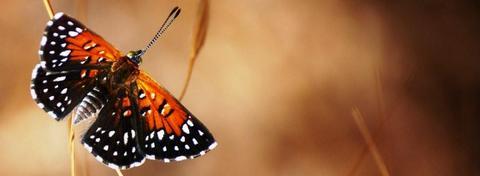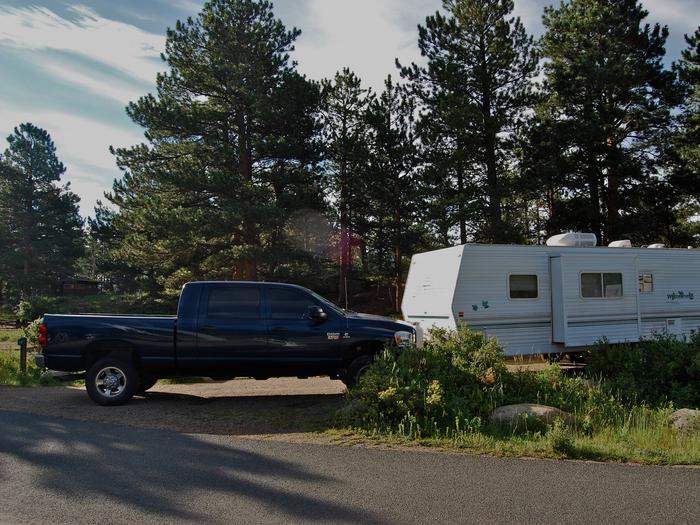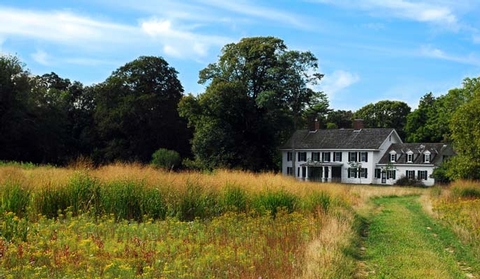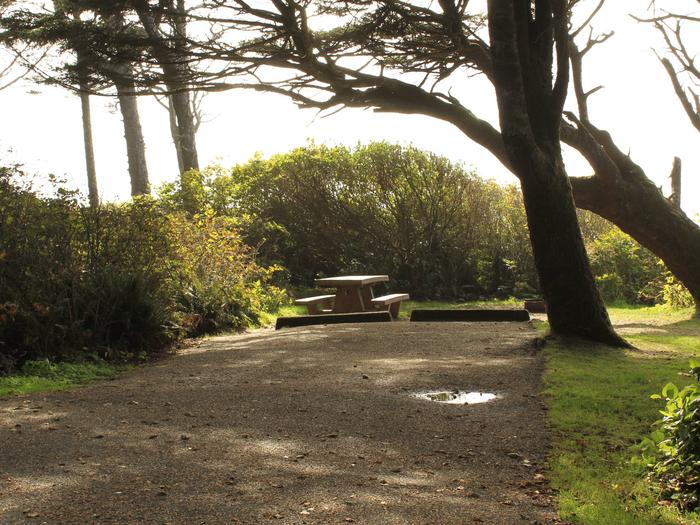Directions
Due to the sensitivity of the habitats and the endangered species, the refuge is not open to unsupervised use by the public. However, refuge staff and local educators conduct on-site environmental education efforts through guided tours and special events. In addition, volunteers regularly assist refuge staff with habitat restoration projects and endangered species surveys.Take Highway 4 and exit A Street / Lone Tree Way. Turn North onto A Street. Turn right (East) onto Wilbur Avenue. Turn left (North) onto Fulton Shipyard Road. Travel approximately 1/4 of a mile until you see a dirt pullout to your right and a chain-linked fence. There will be a sign identifying the refuge. The address is 501 Fulton Shipyard Road, Antioch, CA 94509.
Phone
510-521-9624
Activities
INTERPRETIVE PROGRAMS
Camping Reservations
Reserve your campsite at these camping areas:
Hiking Trails
Looking for nice hiking areas to take a hike? Choose from these scenic hiking trails:
Related Link(s)
More California Recreation Areas
Antioch Dunes National Wildlife Refuge
The Antioch Dunes National Wildlife Refuge is located in the San Francisco Bay-Delta area, along the southern shore of the San Joaquin River. It was the first national wildlife refuge in the country established to protect endangered plants and insects. Established in 1980, the refuge provides protection for three endangered species: Lange’s Metalmark butterfly, Antioch Dunes evening primrose and Contra Costa wallflower. The refuge and a few acres of surrounding lands contain most of the remaining habitat for these three species and are all that remain of a nine kilometer stretch of sand dunes formed during glaciation periods. Isolation of this sand dune habitat resulted in the development of a unique assemblage of plants, insects, and reptiles. Due to the sensitivity of the habitats and the endangered species, the refuge is not open to unsupervised use by the public. However, refuge staff and local educators conduct on-site environmental education efforts through guided tours and special events. In addition, volunteers regularly assist refuge staff with habitat restoration projects and endangered species surveys.





